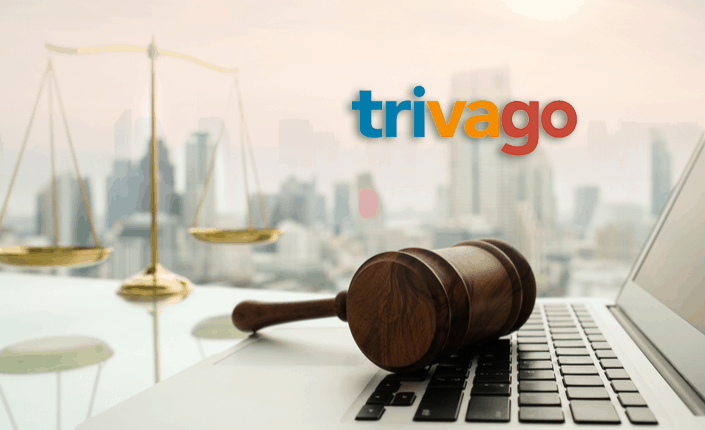
The Federal Court found the company breached Australian Consumer Law by making misleading claims about hotel rates on its TV ads and its website.
In its ruling, the court found that from at least December 2016, Trivago claimed its website would help customers find the cheapest rates on any hotel. However, the company used an algorithm that would favor the online hotel booking site that paid Trivago the highest cost-per-click (CPC) fee – a type of billing websites use based on how many times someone clicks on their ads – to determine the rankings on its website.
According to the ACCC, these rankings “often did not highlight the cheapest rates for consumers”.
Trivago is partially owned by Expedia Group. Its revenue comes mainly from CPC payments from online hotel booking sites. In this case, the CPC payments would affect that particular site’s prominence and appearance on Trivago’s search results.
“Trivago’s hotel room rate rankings were based primarily on which online hotel booking sites were willing to pay Trivago the most,” ACCC Chair Rod Sims said in a statement.
Trivago’s site pulls together deals for available rooms offered by hotels and online hotel booking sites like Booking.com and Expedia. It then highlights one offer out of all online hotel booking sites, which is considered the ‘Top Position Offer’.
Read more here